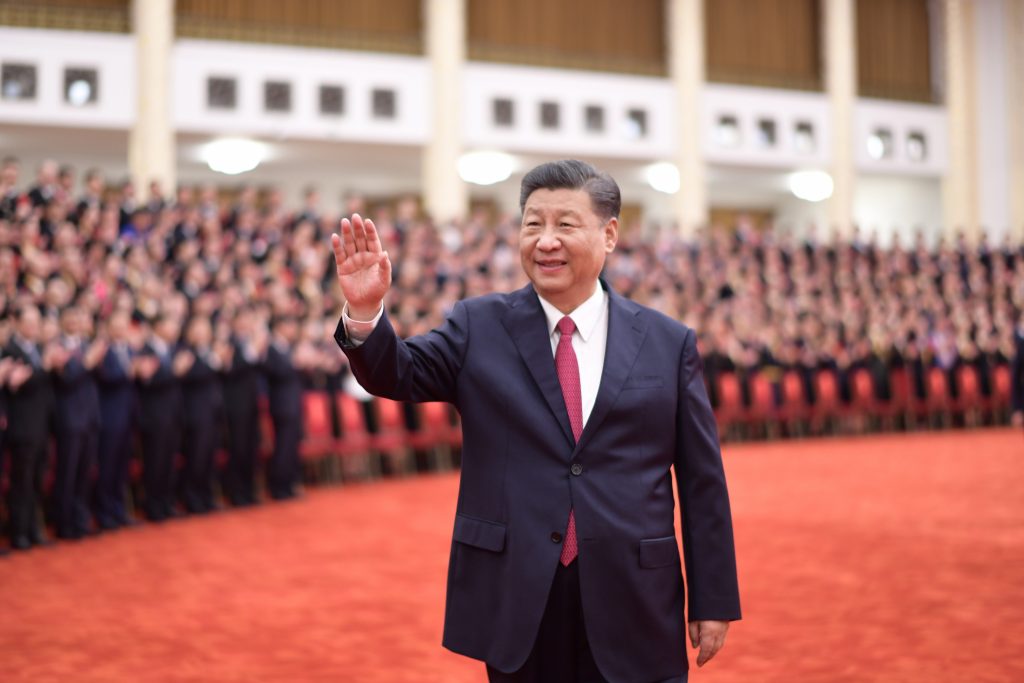- Xi Jinping said China polled millions of people for opinions on its government and future leadership.
- He called it part of a "whole-process democracy" meant to consult often with its people.
- However, with no direct elections for the top posts, Xi is poised for a third term as China's leader.
Chinese President Xi Jinping announced on Sunday that China had conducted a nationwide campaign that gathered public opinion on what the country's senior leadership should look like in the next five years.
He called it an example of a "whole-process people's democracy," which Beijing has touted as being better than the West's model of democracy. This brand of democracy practiced in China appears to include holding local elections and frequent public consultation on issues.
State media outlet Xinhua said Chinese authorities gathered 8.54 million online opinions on China's upcoming National Congress, where changes to the country's top leadership positions are announced every five years.
While the Xinhua report was vague about what people said, it cited Xi saying that "a myriad of constructive ideas and suggestions" were submitted.
The Chinese leader said the poll should "offer a reference" to how the country's government will be structured.
However, the biggest decision appears to have already been made, with the consensus among experts being that Xi is practically guaranteed an unprecedented third term as China's president and preeminent leader.
What is "whole-process democracy?"
Xi's own definition of "whole-process democracy" isn't completely clear. He has described it as a form of government in which "all major legislative decisions are made in accordance with procedures, through democratic deliberation, and through scientific and democratic decision-making."
The description implies that the Chinese government actively allows citizens to influence policies and major decisions after the local elections conclude. China's Foreign Ministry has said that this system represents a "true and high-quality democracy that works."
"If the people are awakened only to cast a vote but become dormant afterward, that is no true democracy," China's Chargé d'affaires in Australia wrote in December, taking a jab at Western democracy. "If the people are offered great hopes during electoral campaigning but have no say afterward, that is no true democracy."
In reality, there are no direct or competitive elections for China's executive leaders, according to the non-profit organization Freedom House, which researches and advocates for democracy and political freedom.
In 2018, Xi was appointed for a second term as China's leader in a unanimous decision from all 2,970 votes in the National Congress. In 2013, Xi was first elected with 2,952 votes in support of him, one against, and three abstentions.
According to CGTN, the Chinese government's decision-making system allows people to submit suggestions to the government.
It's also unclear if the 8.54 million online opinions collected accurately represent "the people's voices." Freedom House rated China's internet freedom 10/100, citing obstacles to accessing information, heavy censorship, and severe violations of users' rights.
China is also known to have one of the world's most restrictive media environments.
The exact date of China's National Congress has yet to be announced, although state media says it is set to take place in the second half of 2022.
